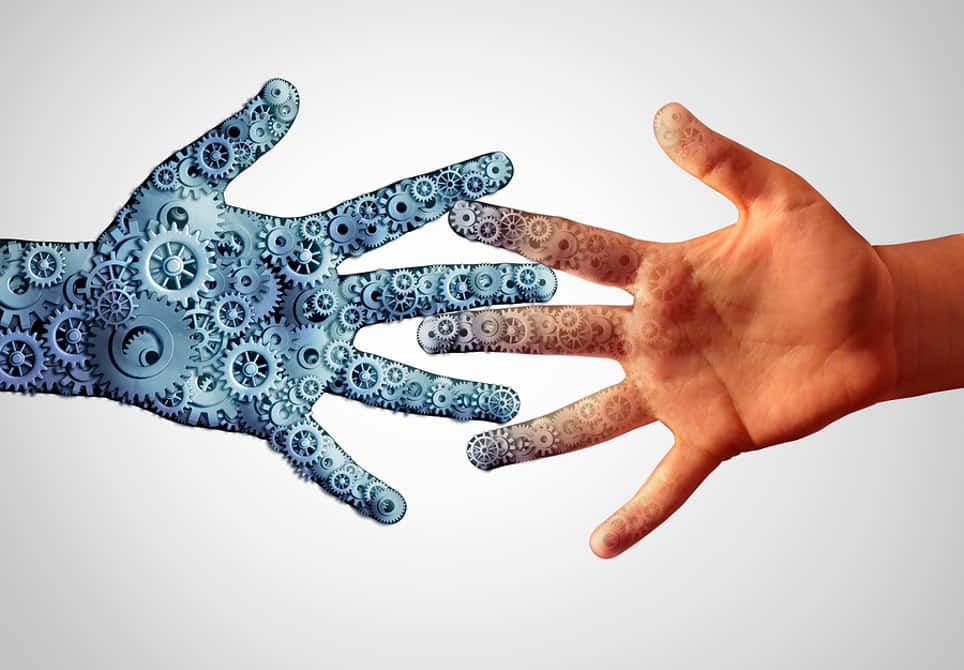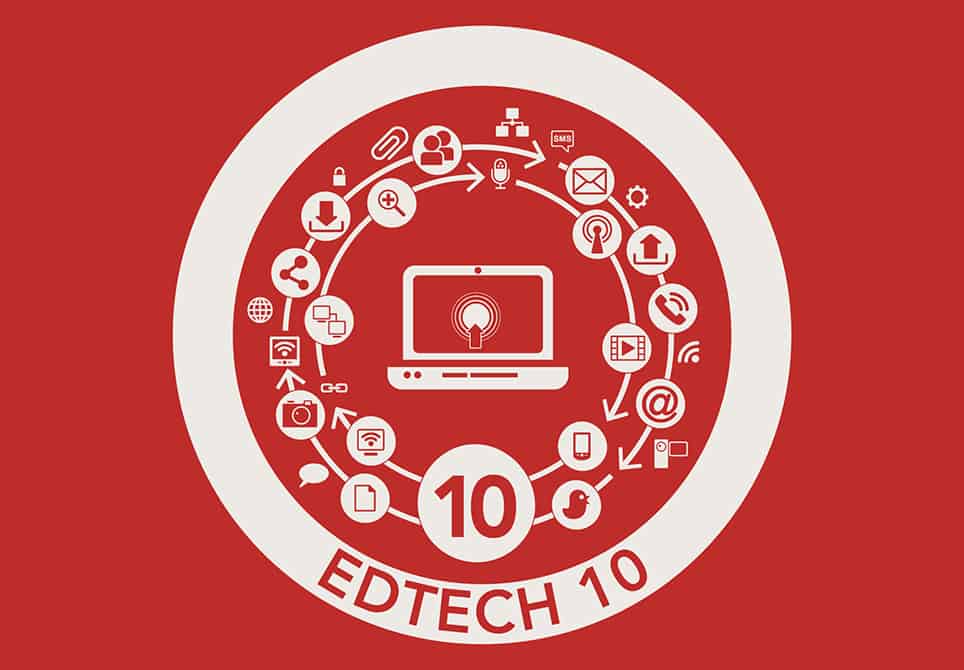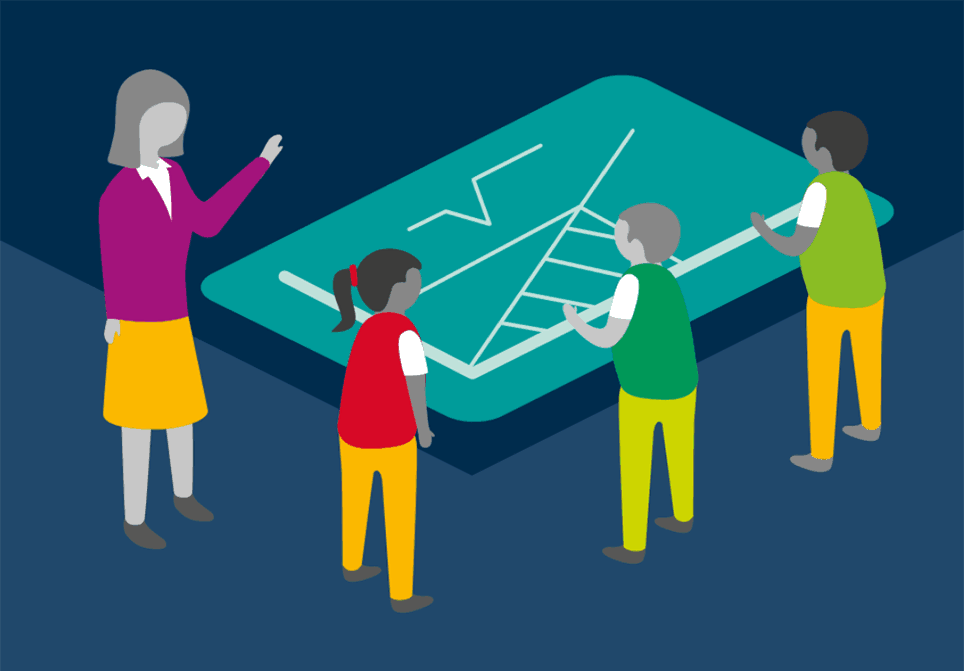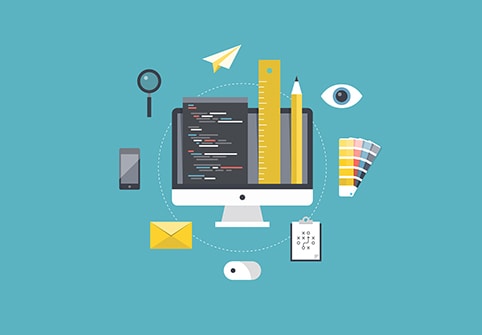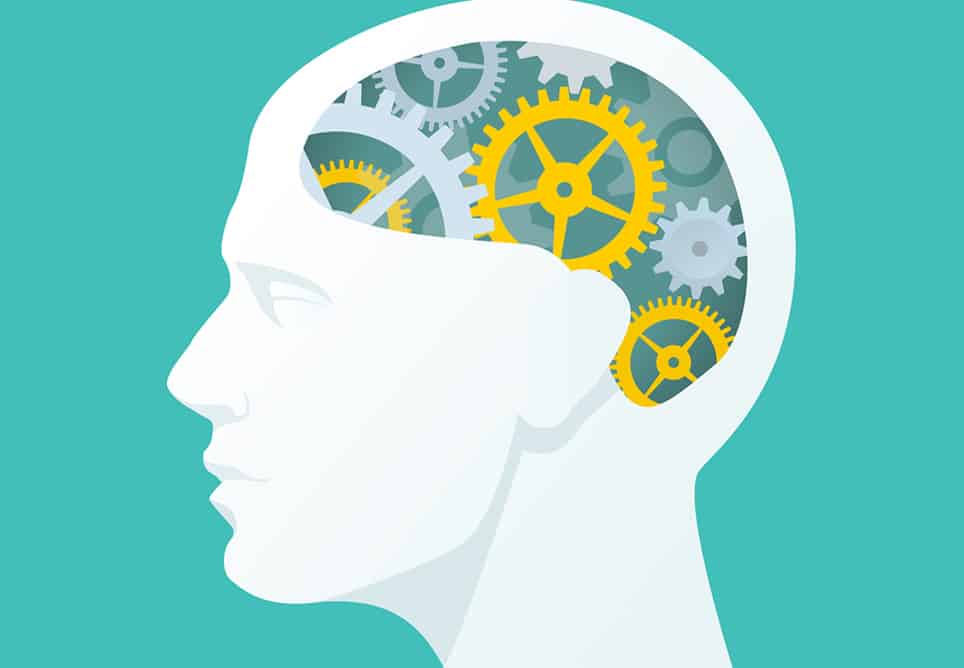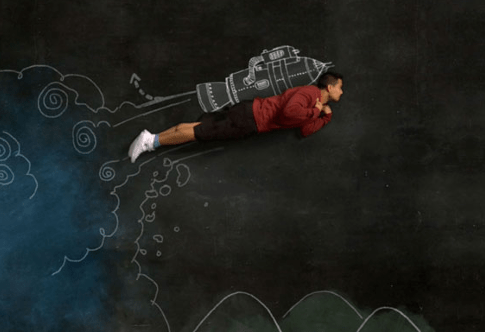Artificial Intelligence
AI and Push Learning for Student Guidance and Advisory
Applying to college can be difficult, even with access to information and resources. Artificial intelligence and human experts are now easing the process for students and parents.
Probably Approximately Correct
The best we can hope for when it comes to decisions is to be probably approximately correct. It wasn’t until the recently that human analysts were aided by smart machines that could learn from big data sets and improve predictive power.
EdTech 10: Tool Time
This week’s round-up of top edtech stories is rich with announcements regarding new tools for schools to explore for the fall.
Bots & Big Cities: What Do They Mean for Our Kids?
Megatrends shaping the world our kids will inherit create a dauntingly complex, unpredictably dynamic futurescape. Let's teach them now that innovative mindsets matter, and that habits of success and project management skills are part of preparing for this life.
Intelligence Unleashed: How Artificial Intelligence Will Improve Education
Pearson and the UCL Knowledge Lab, University College London, launched an important new paper entitled 'Intelligence Unleashed: An Argument for AI in Education.' The authors call AIEd, “the engine behind much ‘smart’ EdTech,” as well as a powerful tool providing “deeper, and more fine-grained understandings of how learning actually happens.”
9 Ways Smart Machines Are Improving Your Life
Quietly and steadily algorithms have improved your life. What does this mean? Recent advances suggest that educators should be familiar with machine learning applications and implication in their field.
Embedded Formative Assessment: Tests without Stress
With formative assessment, the purpose is to use the generated data in making instructional decisions either on a group or an individual basis. Teachers can support students with formative embedded assessment already - with or without technology.
Elements of High Agency School Environments
A successful school-based learning environment includes a culture of continual improvement that fosters agency and intrinsically motivated professional development among teachers, while supporting innovation and experimentation.
8 Ways Machine Learning Will Improve Education
Learning will remain highly relational for most of us, but those relationships will increasingly be informed by data. Students parents and advisors will make more decisions about learning pathways but those decisions will be nudged and guided by informed recommendations.
20 Ways Education Will Improve by 2020
It’s getting easier to learn anything anywhere. It’s getting easier to create learning environments that work better for teachers and students. Here are 20 ways that learning (K-20) will change over the next five (or 10) years.

